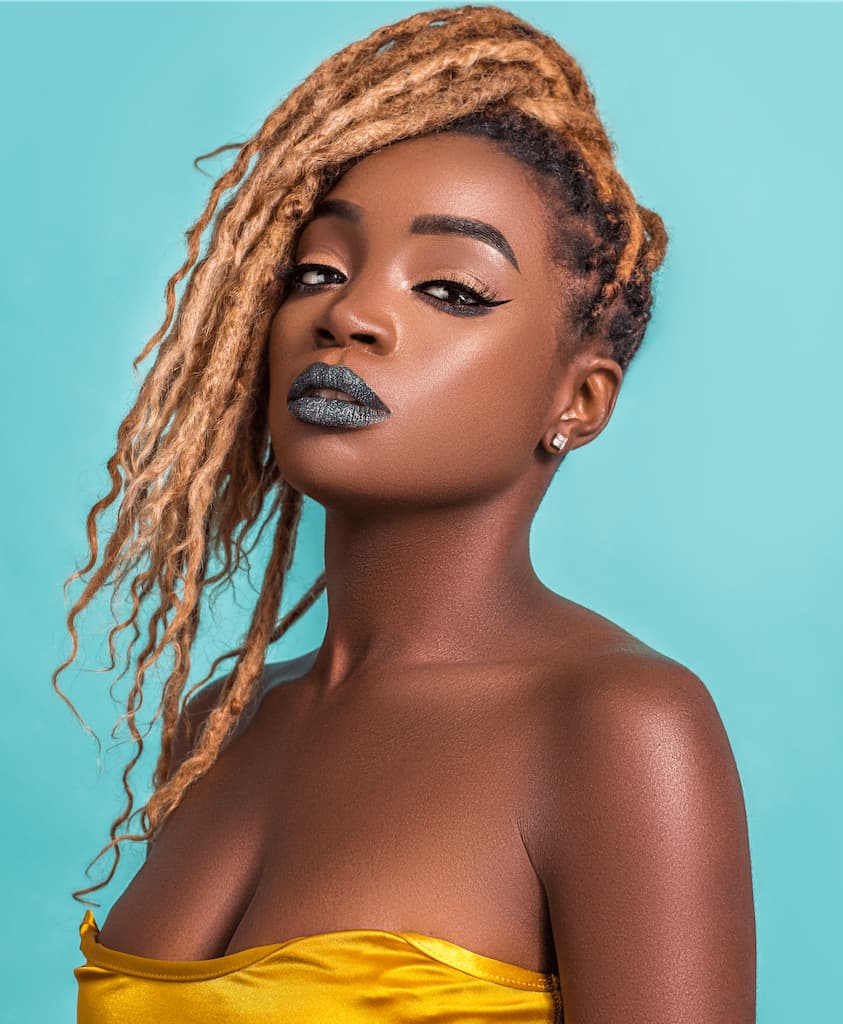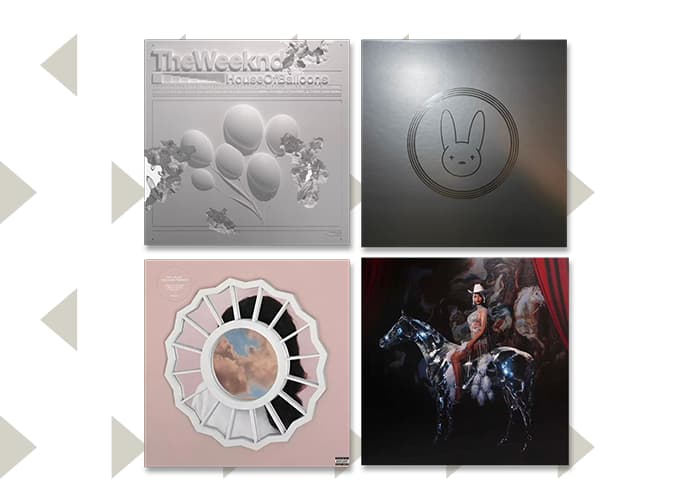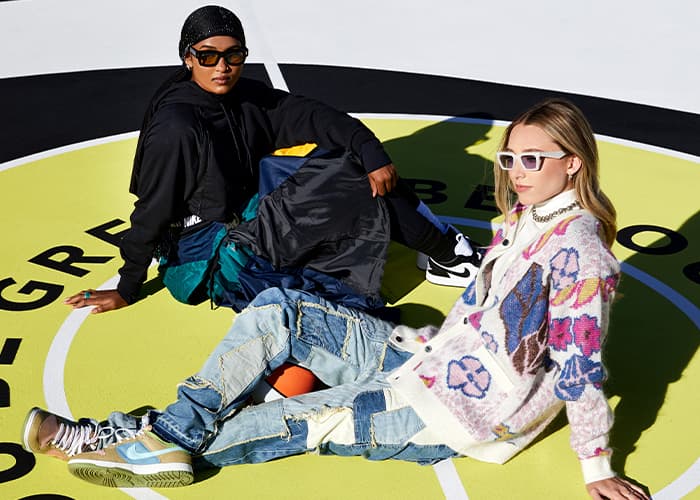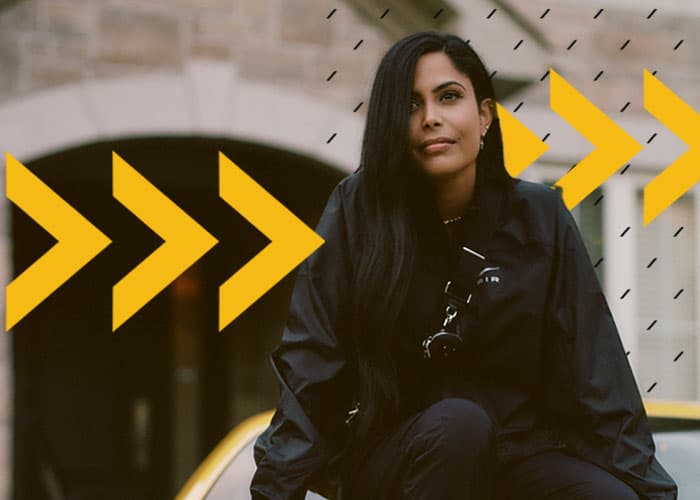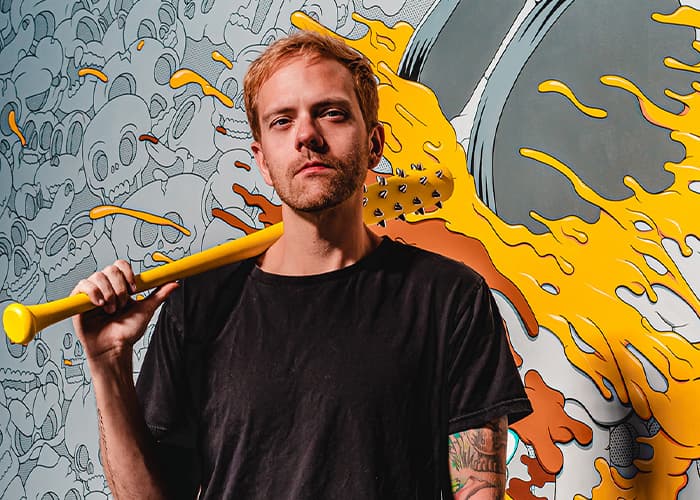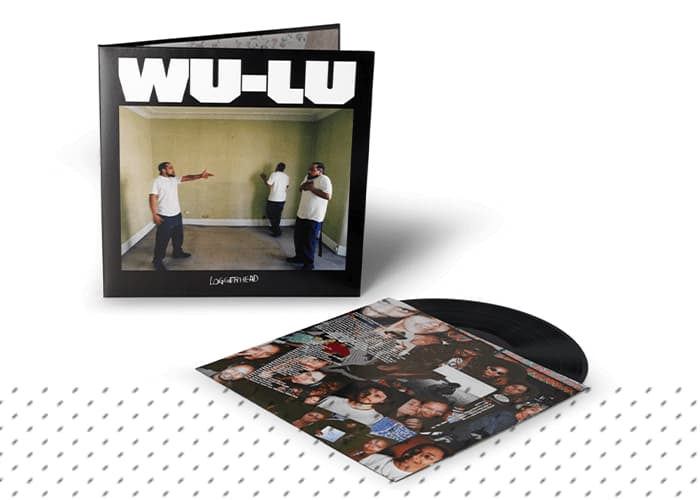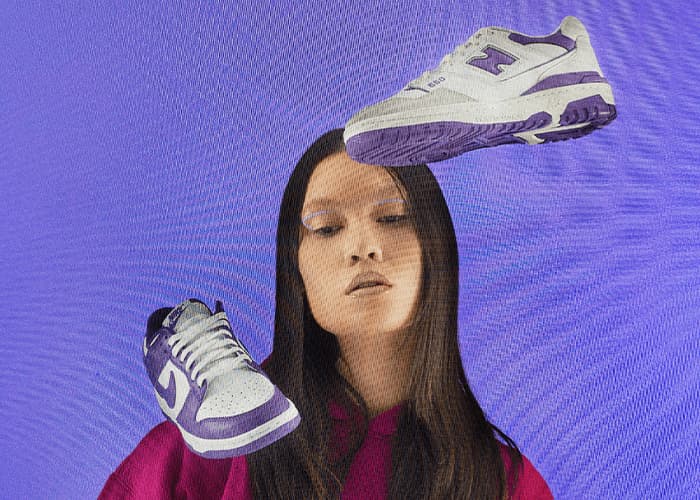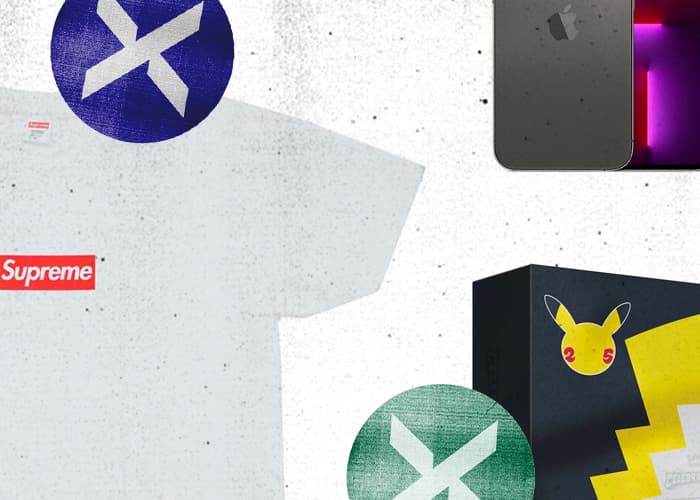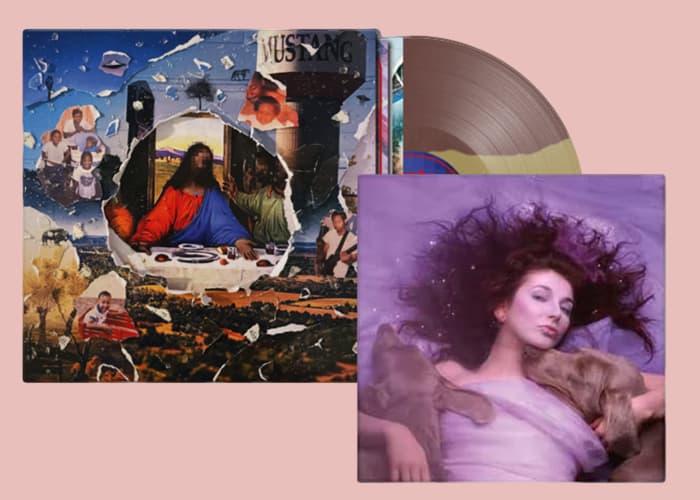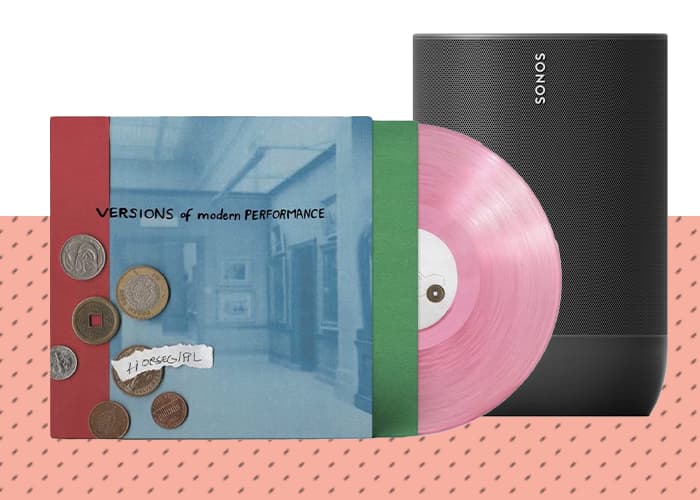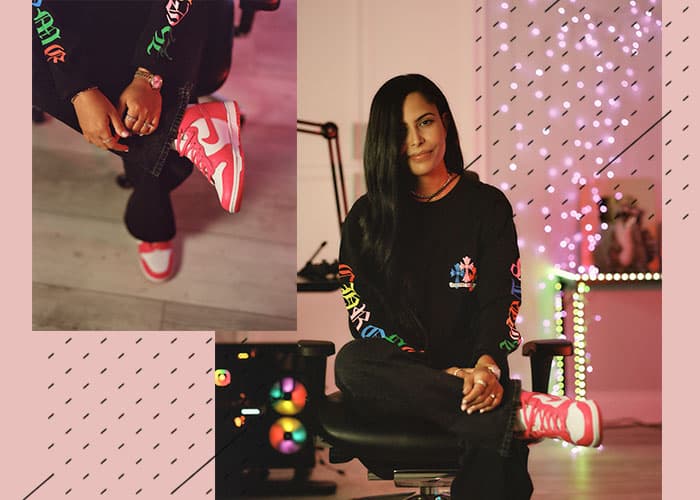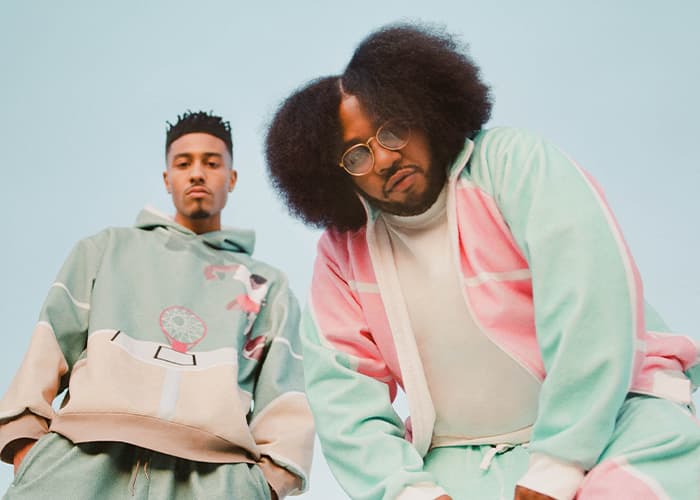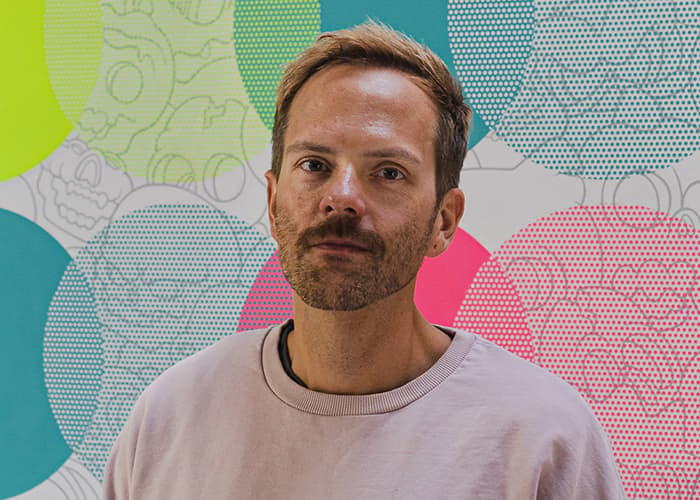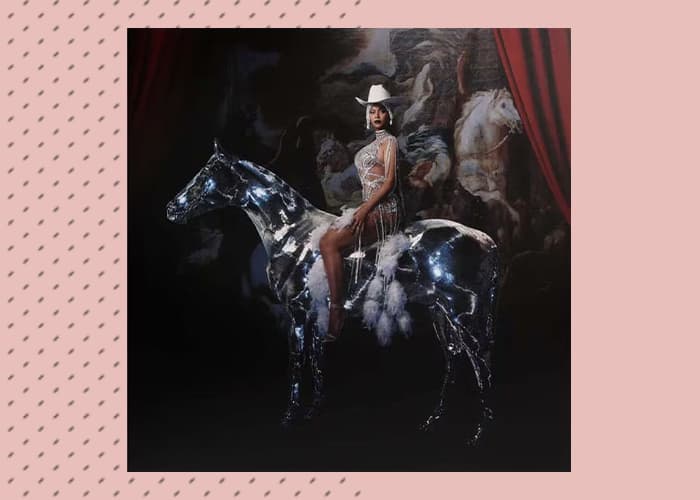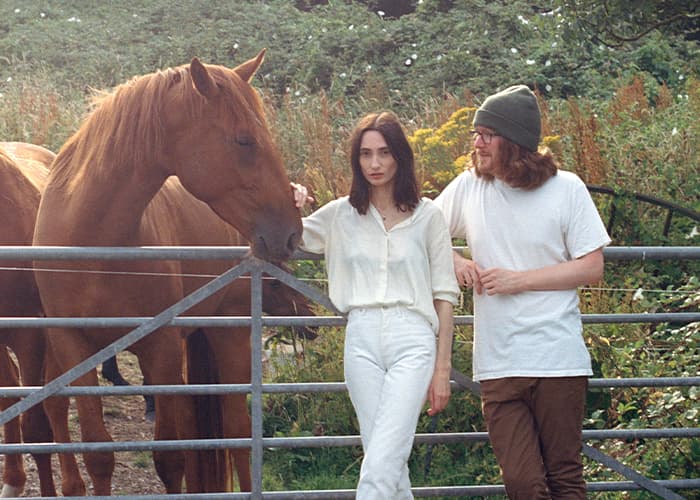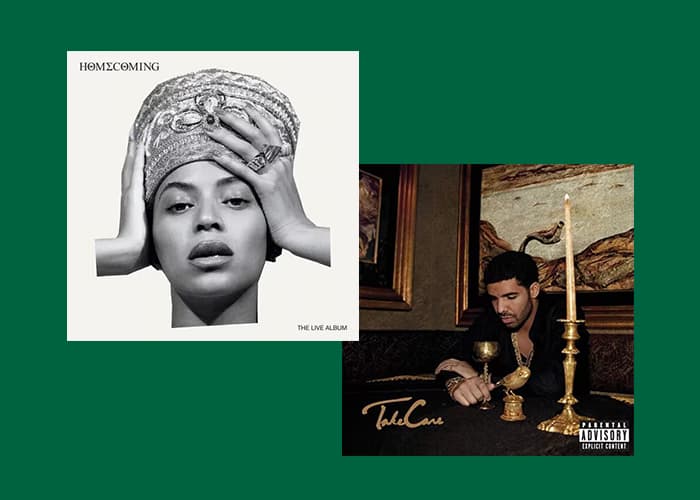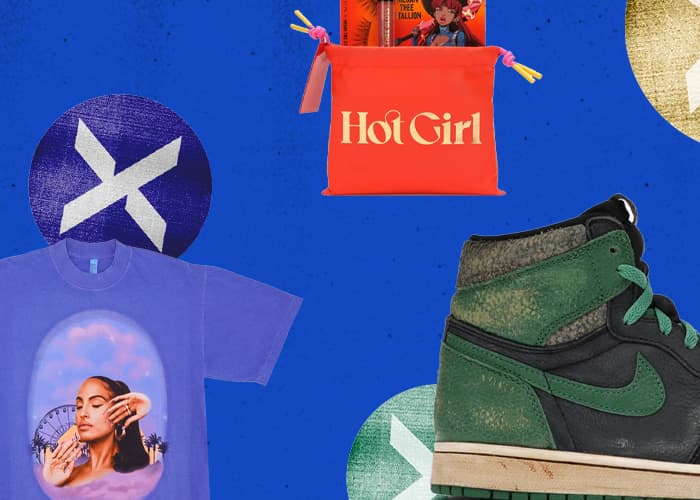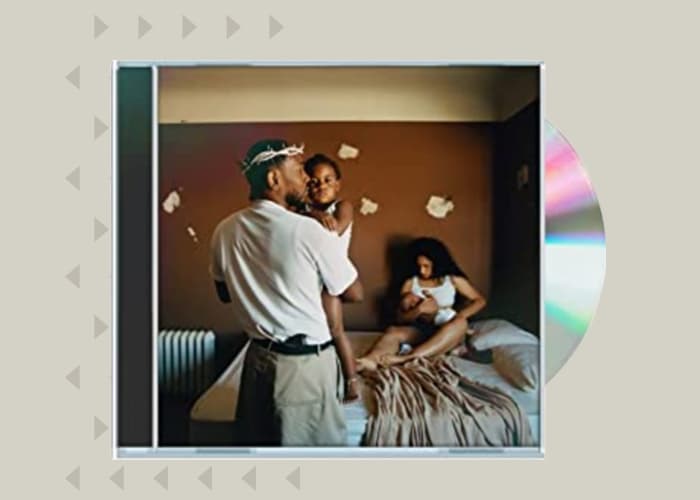
Cocoa Sarai is all about celebrating the small and everyday moments that add up to a life well-lived. The grammy-winning singer-songwriter finds happiness in watching others achieve their goals, children, puppies, and, yes, even making everything better with glitter. And in the midst of finding joy in the ordinary, Cocoa is also confronting the most corrosive forces in society: patriarchy, systemic racism, and police brutality. The intertwined evils of systemic racism and police violence became even more personal and terrible when a video of her brother being brutalized by NYPD cops after a protest went viral and she forced herself to watch to find out if he lived. Fortunately, he survived and was released after being held for 10 days. This nightmare experience led Cocoa to create “Strange Fame,” a song connecting the racist violence of an earlier era with our present moment. Her motto is “Earn Yo Sleep,” and in 2020, Cocoa has done just that.
The following interview has been lightly edited.
What influences you?
Life influences me. I lost my mom. Something happens to your brain when you have to teach yourself how to live without the one person in this world who will always love you unconditionally. Mortality teaches us a lot about life. I’m influenced by life, love, relationships, hardships, happiness, and random-ass moments that I wish there were songs for. Watching people achieve their goals, achieving my own goals, seeing other people happy, seeing my goddaughter smile, and children, puppies, and art; I know that’s a long answer, but I take all of that stuff and throw some glitter on it.
What’s the most overrated?
Some people’s expectations that women have to be one thing. It’s annoying and concerning when I think about it. Men are never asked to be one specific thing. They get to be multiple things without judgment. Women, on the other hand, have to fit into these boxes that we didn’t give ourselves. Women are so powerful that we don’t just carry life, but bring forth life—not only one life but many lives. It’s crazy to be that powerful and still be asked or required to be one thing. Women are multitaskers by nature. Patriarchy is weird and overrated. So are pickles, mustard, and likes on Instagram. Don’t get it twisted, I love all of my Instagram family, but the way in which Instagram followers and likes are viewed as validation is overrated and harmful. We are all a work in progress in many ways.
What’s the most underrated?
Hugs are freaking underrated! Black people are underrated! Pineapples might be the best fruit on the planet, and that fruit is severely underrated. Brandy’s impact on the culture is underrated. She was the first black Cinderella and had her own TV show. Love, being genuinely happy about something you’ve done or something someone else has done, and Disney movies—specifically the villain songs.
What are you most excited about right now?
I’m excited about being alive! I know that sounds weird, but I know a lot of people that have passed away in 2020. I’m excited about all of the ideas in my head that I know are going to come to fruition, the ideas that I know are going to sit on my laptop and rot, and future ideas! I’m excited about learning new things. I’ve learned a lot of new things since the COVID-19 pandemic started. I’m also excited about my next single and my upcoming album.
What’s next for you?
My next record. It’s going to be funky, and I’m excited to be able to dance and be happy. Music is therapeutic, but it’s not always coming from a happy place. I understand the responsibility of being an artist and being honest—some days it just seems like it’s unnecessary. So with that, I’m thrilled to be able to do this up-tempo, funky, and invigorating record. The album is close to completion. None of my loved ones have died this week from COVID-19. I’m just grateful. So what’s next for me is more gratitude, more clarity in my spirit, and more music and visuals.
Bonus Question: “Strange Fame” was written in response to your brother’s assault by police after the police lynching of George Floyd touched off a nation-wide protest against police brutality and systemic racism. What was it like writing and recording a song that was personal and world-historical at the same time? “Strange Fame” is also an allusion to “Strange Fruit.” What is the musical and historical connection between “Strange Fame” in Billie Holiday’s song?
It was polarizing, and I didn’t go into it, thinking, “Well, I’m going to write a song about police brutality.” Truthfully, I didn’t even want to write a song about this at all. I was really angry, sad, and feeling hopeless and helpless. I didn’t want to feel like I was forcing myself to create when really, I just needed to feel all of my feelings. I saw a little hope when I went to a protest two days beforehand and saw so many other races marching for us. That’s the part of the song where hope comes in. Everyone has to fight this. Black people can’t fight it alone. I engineer myself, so I don’t write lyrics down that often. This one poured out of me: Thinking of a man who is dying, calling out for his dead mother, and his mother’s spirit telling him to come to her—feeling the anger of George Floyd as this man shows no mercy while he begs for his life. The thought that George has to have powerful ancestors for the world to go up for him the way that it did! Some said we made him a hero, but they made him a martyr. This is what it was: Watching a video for over 3-minutes, holding my breath, just praying that my brother isn’t dead at the end; The cops locking him up for 10 days; Hearing him say that he wouldn’t see the medic because he didn’t want them to shackle his feet; Doing the music video with my real friends and asking them to do a staged protest after leaving a real one. I had to explain to the children why this video was important and that this song is for them. The world has to be better for them.
I didn’t think of the parallel between “Strange Fame” and “Strange Fruit” until the song was finished. “Strange Fruit” is one of my favorite songs to sing. I learned it when I was the vocalist for the jazz ensemble in ninth grade. I used to wear a flower in my hair. That song always gives me chills—a song about lynching, comparing back bodies to hanging fruit. It was such an essential reflection of the times. “Strange Fame” is a song that poured out of me, and I know for a fact that I feel like it’s strange to be famous for dying. I didn’t know how people would respond to this perspective. There’s a feeling of helplessness that I have as a black woman, knowing that my offspring are being hunted and that I can’t protect them, no matter what I do. The parallel between “Strange Fame” and “Strange Fruit” is the normality of it all. People were so desensitized that it was normal to walk past dead bodies hanging from trees. And now people are so desensitized after seeing the videos now that it’s normal to watch an officer kill another black or brown person. I’m not sure what this record will become, but my hope for it is that it will call people to action. Whatever a person’s activism looks like, I only hope that this song helps to activate it. This is not just another angry protest song. It’s the soundtrack for the work that still needs to be done.


